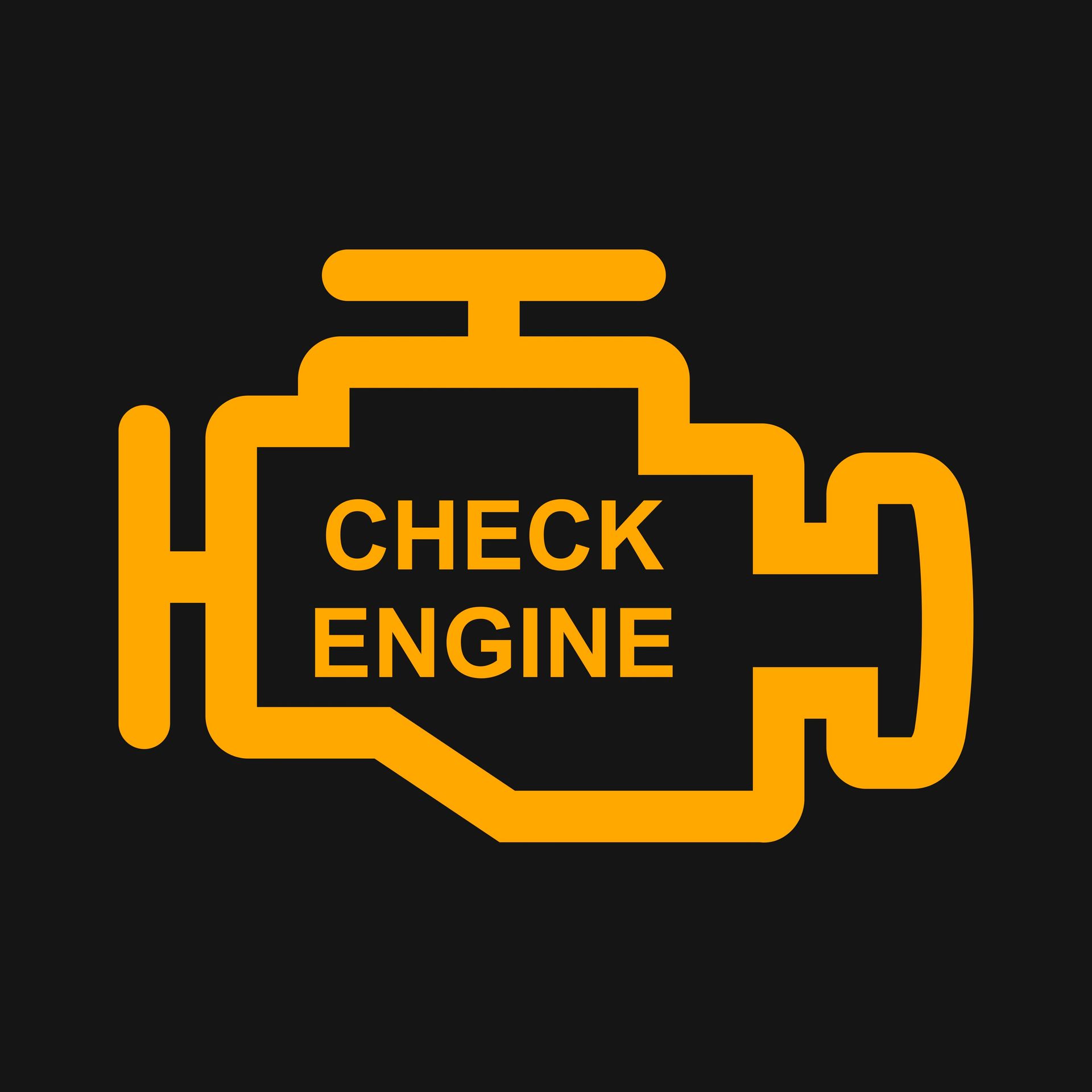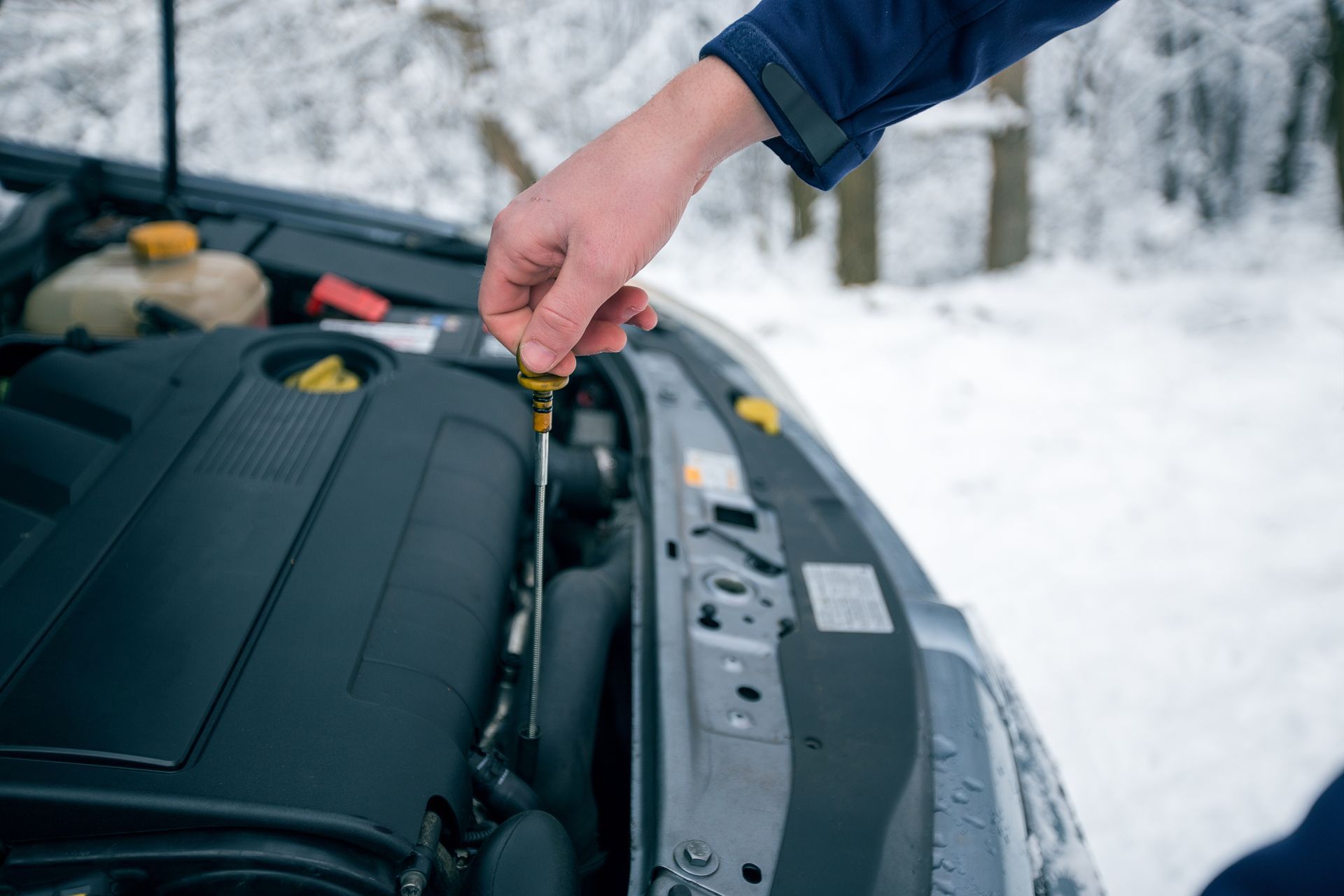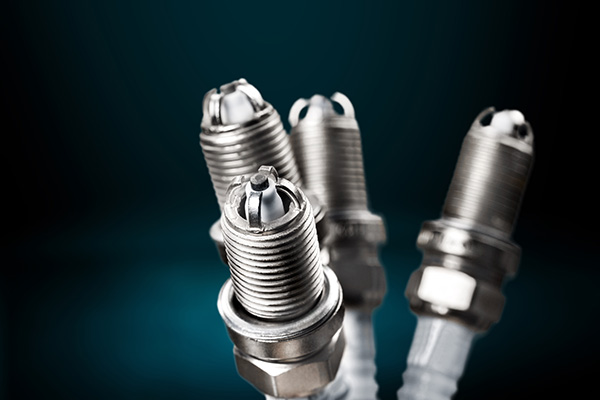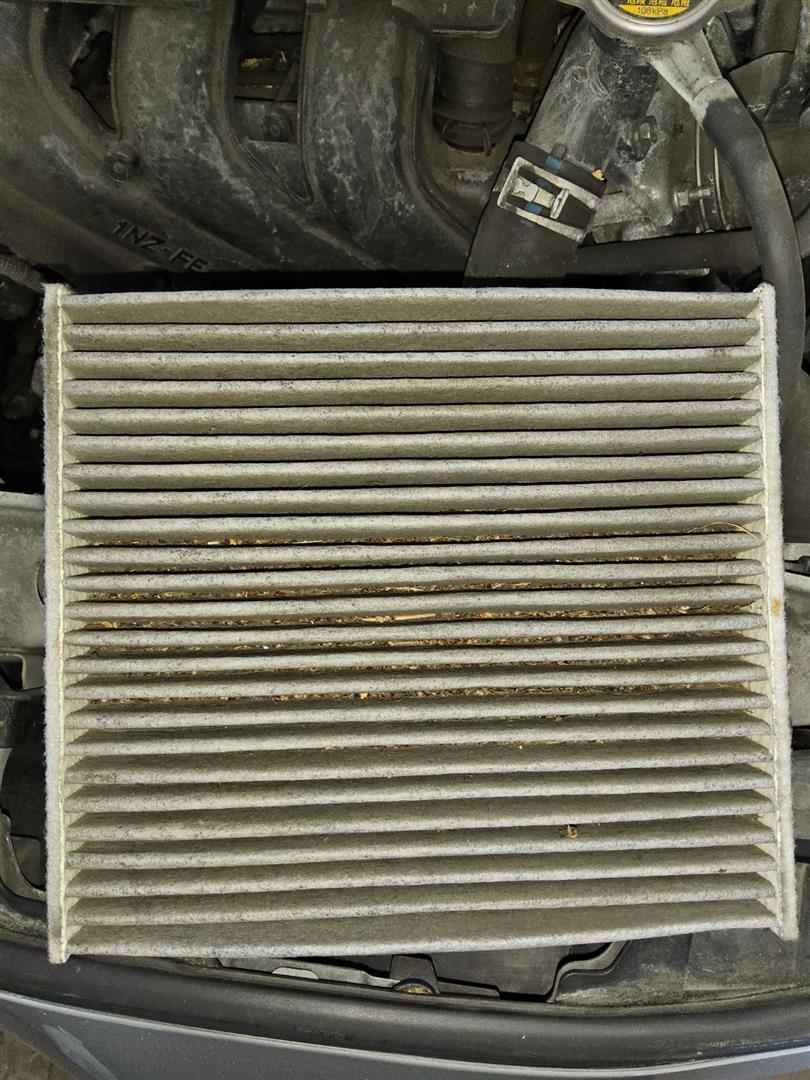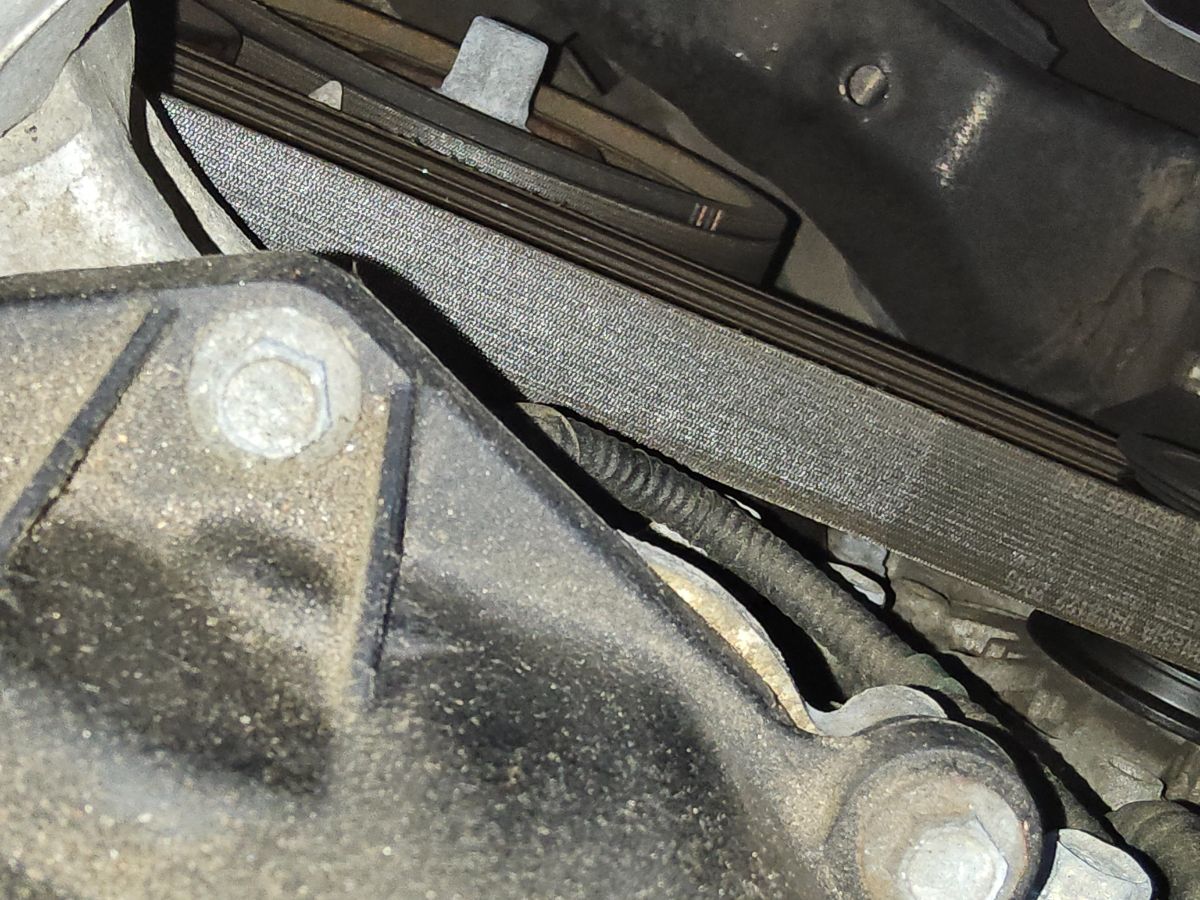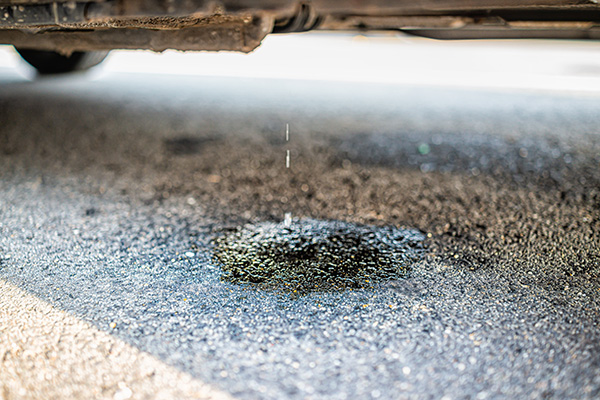
Fluid leaks are one of the clearest warning signs that your vehicle needs attention. Every fluid in your car plays a critical role in performance, safety, and reliability. While some drivers may dismiss small spots in the driveway as minor, even small leaks can point to issues that will grow worse over time. Understanding the most common fluid leaks and their implications helps you address problems early, before they lead to major repairs.
1. Engine Oil Leaks
Engine oil leaks are among the most common issues drivers face. Oil keeps your engine lubricated, reducing friction and heat. When seals or gaskets wear out, oil can escape and collect under the vehicle. Common leak points include the valve cover gasket, oil pan gasket, and crankshaft seals.
If ignored, an oil leak can lower the oil level enough to starve the engine of lubrication, leading to premature wear or even catastrophic failure. Drivers may also notice a burning smell if leaking oil drips onto hot engine parts. Prompt repair not only saves the engine but also keeps your driveway clean.
2. Coolant Leaks
Coolant, also known as antifreeze, circulates through your engine and radiator to regulate temperature. A leak may show up as bright green, pink, or orange puddles under the car. Coolant leaks often come from radiator hoses, water pumps, or the radiator itself.
Losing coolant can quickly lead to overheating, which can damage the head gasket or warp the engine’s cylinder head. Because overheating can happen suddenly, it’s one of the most dangerous problems associated with leaks. If you notice coolant under your vehicle or see the temperature gauge rising, it’s essential to take action immediately.
3. Transmission Fluid Leaks
Transmission fluid is essential for smooth shifting and for protecting the internal gears in automatic transmissions. Leaks are usually reddish in color and may come from seals, gaskets, or cooling lines.
A low fluid level in the transmission can cause slipping gears, delayed shifting, or complete failure to engage. Transmission repairs are among the most expensive automotive services, so catching a leak early is crucial. Checking your transmission fluid regularly and addressing leaks immediately can help extend the life of your transmission and avoid thousands of dollars in repairs.
4. Brake Fluid Leaks
Brake fluid is a critical part of your safety system. It transfers pressure from the brake pedal to the brakes themselves. Leaks often come from worn brake lines, master cylinders, or calipers. You may see clear or slightly yellow fluid near the wheels or under the car.
Even small brake fluid leaks can be dangerous , as they reduce stopping power and increase braking distance. If you notice a soft or spongy pedal, low brake fluid levels, or warning lights on your dashboard, a leak may be the culprit. Because your brakes are essential to safety, this type of leak requires immediate attention.
5. Power Steering Fluid Leaks
Power steering makes turning the wheel easier and smoother. The system uses fluid under pressure, which can leak from hoses, the steering rack, or the pump. Power steering fluid is typically red or light brown and may cause the steering to feel stiff or produce whining noises when you turn the wheel.
Driving with low fluid can damage the power steering pump, leading to more costly repairs. It can also make steering unpredictable, creating safety risks. Monitoring fluid levels and addressing leaks promptly helps ensure safe and comfortable handling.
Other Fluids to Watch For
While the five fluids above are the most common sources of leaks, others can also cause issues. Differential fluid, windshield washer fluid, and even air conditioning refrigerant can leak under certain conditions. Though these may not always be as critical as engine oil or brake fluid, they still affect vehicle performance and comfort.
How Professionals Diagnose Fluid Leaks
Locating the source of a leak isn’t always straightforward. A technician may use dye testing, pressure testing, or a thorough inspection to pinpoint the problem. Once the cause is identified, the repair may involve replacing worn seals, tightening connections, or replacing damaged parts. Catching the problem early usually means a less expensive repair and less risk of additional damage.
Protect Your Vehicle With Dave’s Automotive in Stockertown, PA
Ignoring fluid leaks can turn a simple repair into a costly overhaul. By knowing what the most common leaks look like and scheduling timely inspections, you protect both your vehicle’s reliability and your safety. At Dave’s Automotive in Stockertown, PA, our experienced team can identify and repair fluid leaks before they cause long-term damage.
Schedule your inspection today and keep your vehicle running strong all year long.


